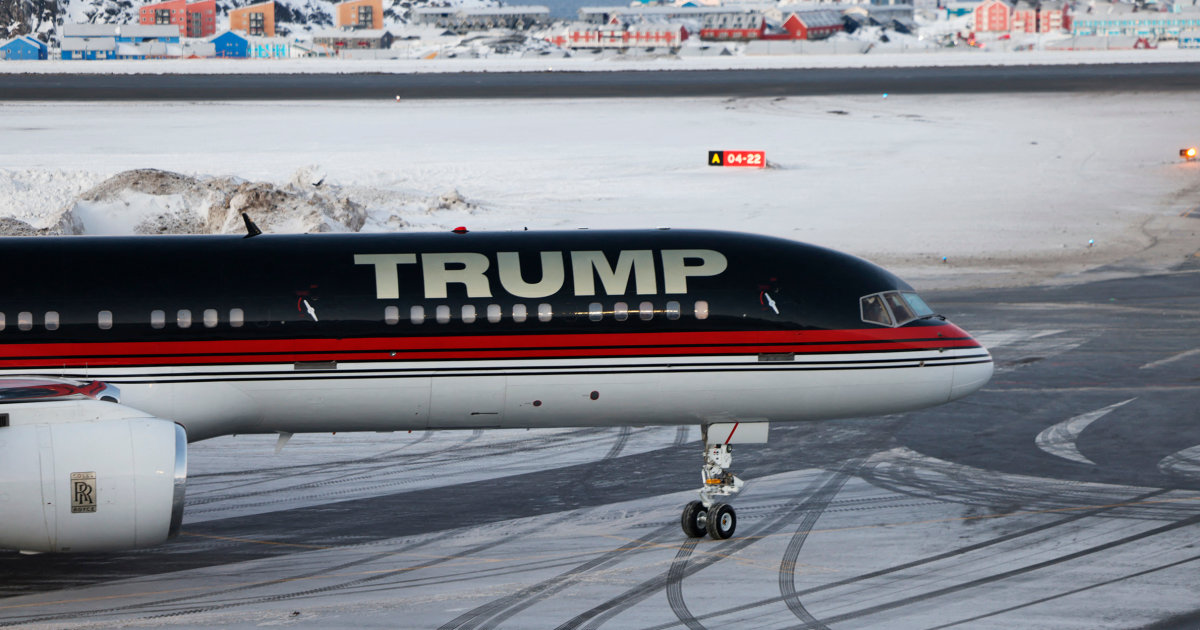Bussiness
Europe’s businesses feel the chill from prolonged Russia-Ukraine crisis

The Russia-Ukraine war has seen in its wake multiple side conflicts, including those to do with trade, financial, and the media. But the fiercest side conflict has to be the one over energy.
This is largely because oil and gas are not just the backbone of the Russia economy but also serves as its main export and a key source of funding for the national budget.
The European Union’s reliance on Russian energy, particularly gas, is still significant and despite efforts to reduce this, Russia gas exports to Europe saw a 14% increase in 2024.
The EU and Russia have approached their energy policies in vastly different ways. The EU has faced intense pressure to abandon Russian energy sources, even though they are cheaper compared to alternatives from the US and the Middle East.
This shift has cost EU countries significant amounts, triggering economic crises that have toppled some governments and sparked ‘rebellion’ among its members. Some like Hungary and Slovakia, have voiced their opposition openly, while others, such as Romania and Italy, have quietly expressed their concerns. Recently, Romania and Italy called for setting the price of gas at $60 per megawatt-hour.
Interestingly, the figure $60 seems to hold symbolic importance for the EU. Last year, the bloc set a $60 per barrel cap on Russian oil, a mechanism that, as we pointed out at the time, would not succeed due to technical and market-driven reasons. In practice, Russia continued to sell its oil, whether directly or through third parties, at prices exceeding this cap.
It’s all transactional for the US
Again, we expect the same for the Italian proposal to fix gas prices. It will likely fail. The global demand for gas is increasing, and the primary alternative to Russian gas is American. Unlike Russia, the US approaches the energy market with a purely commercial mindset, as highlighted by President-elect Donald Trump.
Russia stands firmly on solid ground, particularly in terms of its energy exports, having faced no significant challenges in marketing its full production for export over the past three years. This confidence allowed Russian President Vladimir Putin to deliver a strategic blow during a harsh winter by halting the flow of gas to Europe via Ukraine’s ‘Friendship Line’ after the expiration of their agreement.
This move came in the wake of the sabotage of the Nord Stream pipeline two years ago—a critical supply route across the Baltic Sea that provided Russian gas to Europe, especially Germany. The attack raised suspicions about the beneficiaries, despite Germany being the primary financier of the project.
Following the disruption of these two pipelines, the Turkish ‘TurkStream’ line remains operational, supplying Russian gas to Italy and the Balkan states, which are relatively distanced from the conflict. However, the impact has been devastating for many other European countries reliant on Russian gas. For instance, a Moldovan region suspended heating and hot water supplies during extreme cold conditions.
German businesses lose out
The economic repercussions are even more severe, particularly for Germany, whose industries heavily depend on Russian gas. The American alternative, although available, is three times more expensive, leading to higher production costs, reduced competitiveness, and widening budget deficits across Europe.
This leaves EU countries grappling with difficult choices: on one side, intense pressure from the US to purchase its pricier gas, and on the other, a formidable Russian position, bolstered by an economy that grew a steady 3.1 per cent in 2024.
Meanwhile, Ukraine faces escalating challenges, with its president persistently appealing for more financial aid amid territorial losses in a war that remains asymmetrical and increasingly costly for Kyiv.
The alternative may lie with US President-elect Trump, who will take office on January 20. Through potential understandings and negotiations with President Putin, there is a possibility of a successful outcome, especially with the expected changes in some European governments—particularly in Germany, with elections scheduled for February 23.
Additionally, the growing number of ‘rebels’ within the EU could help bring an end to the costly energy war.










